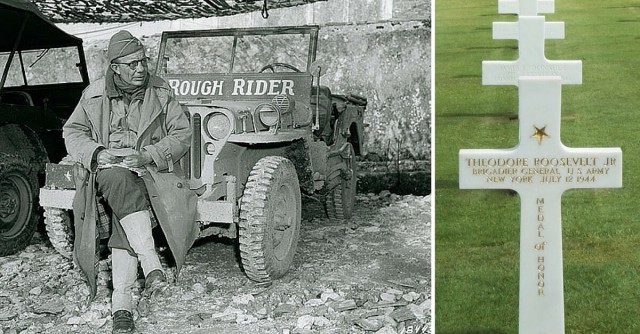
A son will often attempt to live up to the legacy of their father, and when your father happens to be former President, Rough Rider, and man extraordinaire Teddy Roosevelt, that can be quite a tall order. Named after his father, Theodore Roosevelt Jr. fought in both World Wars and demonstrated the type of bravery that must clearly run in the Roosevelt blood.
He made multiple petitions to be on the first wave of the D-Day invasion and when command finally relented, Roosevelt was the only General to be there with the men when the ramps first dropped. General Omar Bradley once noted when asked that the single most heroic thing he had ever seen in combat was Ted Roosevelt on Utah Beach.
For his actions that day, Theodore Roosevelt Jr would receive the Medal of Honor and prove the most difficult thing to do in any war just might be killing a man named Theodore Roosevelt.
An Untraditional Path to Service
Born in 1887 the eldest son of future President Teddy Roosevelt, Theodore was given his father’s namesake and all the burden of living up to it. However, his father would also impress upon him the need for military training and for every man to be prepared to do his part when the time should come.Roosevelt would go on to attend Harvard and after graduating in 1909, he entered the business world. Proving to be highly skilled, he was able to build quite a personal fortune prior to World War 1 which might have given other men a little more incentive to sit out the war if possible. But other men didn’t have to call the famed Rough Rider of San Juan Hill daddy.
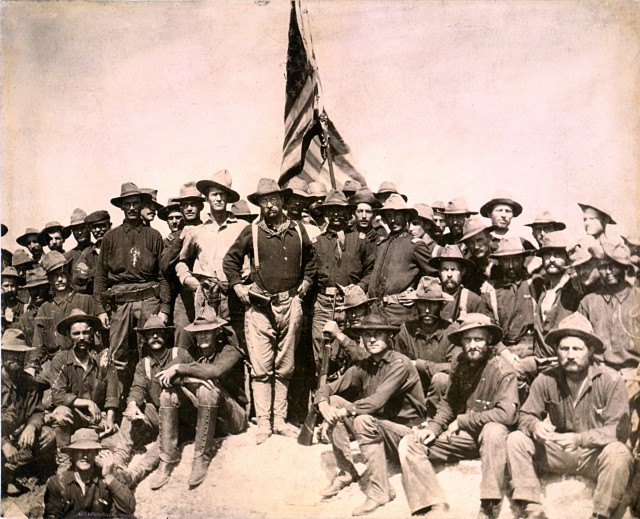
Now a Major, Roosevelt would find himself in command of a battalion in the war and become notorious for leading from the front with his men. He took it upon himself to see after the welfare of his men and personally purchased combat boots for his battalion out of his great personal wealth.
He was promoted to Lieutenant Colonel and was given command of the 26th Regiment in the First Division. During the summer of 1918, he was seriously wounded and gassed at Soissons close to the same time younger brother Quentin was killed in combat. By war’s end, Roosevelt had received the Distinguished Service Cross as well as the French Chevalier Legion d’honneur.
A Political Path to War
After the war, Roosevelt would keep up his military training despite injuries frequently requiring the use of a cane. In addition, he simultaneously followed his father’s path into politics. He was elected to the New York State Assembly before being appointed by President Harding to be the Assistant Secretary of the Navy.In 1924, he was the Republican candidate for Governor of New York where a public feud with cousin and prominent Democrat Franklin Delano Roosevelt took front stage. Theodore would lose the election and any possible affections he might have had with FDR. The next 10 years would see Roosevelt serving overseas as Governor of Puerto Rico and the Governor-General of the Philippines.
By the mid-1930’s, he was back in America pursuing a variety of business interests while the clouds of war began to gather over Europe. In 1940, he took a military refresher course which saw him promoted to Colonel. Just in time for the shooting to start, Roosevelt was back on active duty and given command of the 26th Infantry Regiment, 1st Infantry Division.
After a promotion to Brigadier General, 1942 would see Roosevelt in North Africa as second in command of the 1st Infantry Division under Major General Terry Allen. Much as in the first World War, Roosevelt could regularly be seen on the front lines making on the spot decisions with complete disregard for incoming fire around him.
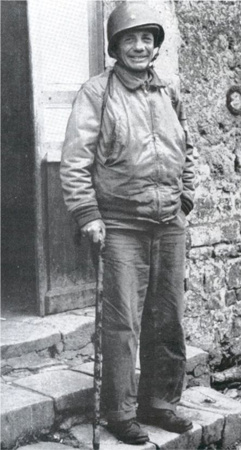
Eventually, General Omar Bradley relieved both Allen and Roosevelt from command of the 1st Division and had them reassigned. Roosevelt would continue to see action in Sicily and Italy before making his way to England in preparation for D-Day.
History on Utah Beach
As part of the 4th Infantry Division, Roosevelt made multiple requests to be allowed to be present for the first wave of the invasion. Casualties were expected to be remarkably high and it wasn’t deemed a good use of experience to have a General fall as soon as the ramps dropped.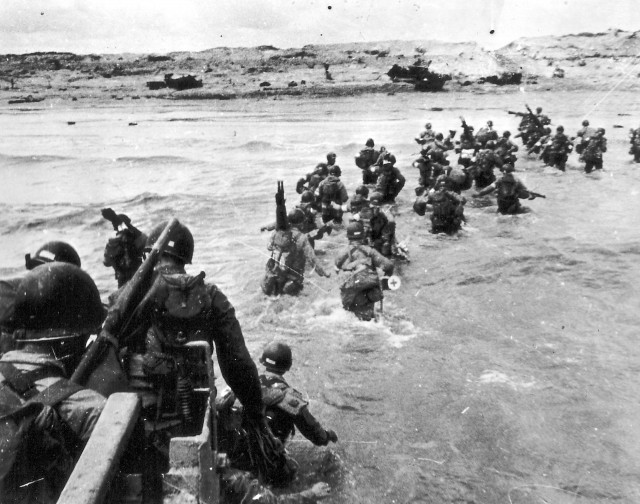
He was quoted as saying to his battalion commanders, “We’ll start the war from right here!” With his trademarked confidence and calm, he walked up and down the beach directing the action with utter disregard for his own safety.
When the rest of the Generals decided to join the war, General Roosevelt was present to greet them offering top-tier information on which the staff could rely. Roosevelt continued to help the Allies push into France and was put forward for a promotion to Major General and given command of his own division.
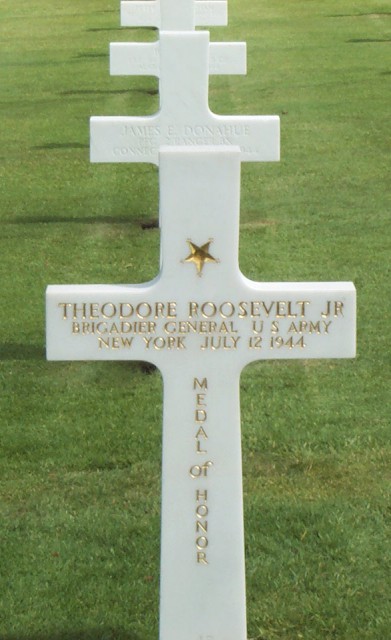
When his father, Teddy, died at the age of 60 in 1919 while in his sleep, it was said that “Death had to take Roosevelt sleeping, for if he had been awake, there would have been a fight.” It would seem that a similar trait was true of Junior as it would take a heart attack to do what the entirety of the German army could not.
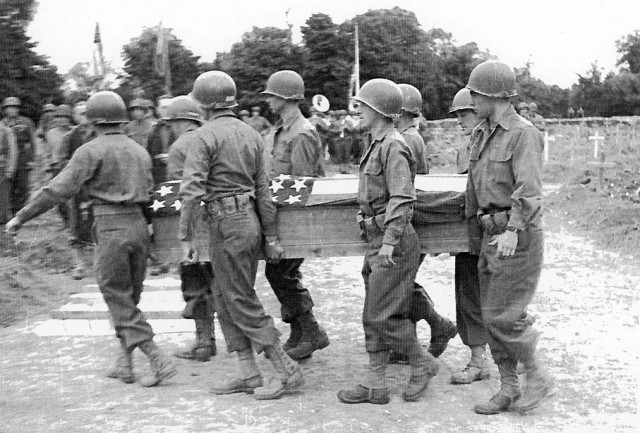

Δεν υπάρχουν σχόλια:
Δημοσίευση σχολίου